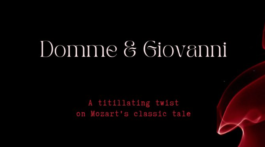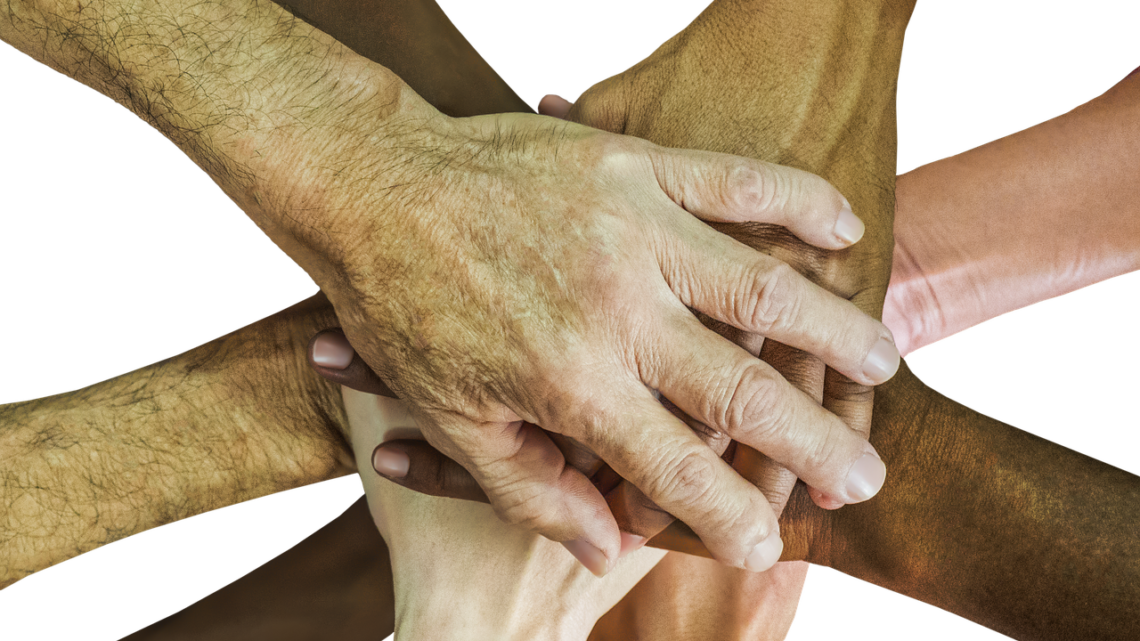Interaction for Social Change (IISC) hosted an Advancing Racial Justice in Organizations Workshop on October 12. Thirteen representatives from Brookline schools, government and nonprofits attended the workshop thanks to a Brookline Community Foundation grant. The Brookline For All Grant was open to staff and board members of Brookline-based organizations and Town departments.
Those in attendance from Brookline included teachers from the Pierce School, members of the Brookline Fire Department, Brookline Housing Authority, the Department of Diversity, Inclusion and Community Relations, Brookline Interactive Group, Brookline Center for Community Mental Health, Women and Girls Thriving in Brookline, St. Paul’s Episcopal Church and BrooklineHub.com.
Cynthia Silva Parker of Interaction for Social Change and Nayantara Sen of Art/Work Practice (AWP) facilitated the workshop.
The workshop concentrated on subjects like the differentiation between Internalized Racism, Interpersonal Racism, Institutional Racism and Structural Racism, Diversity, Inclusion and Equity. Some of the issues addressed during the day’s agenda included understanding racial justice and institutional bias, exploring dominant white culture in organizational life, and making the case within every organization and community for change.
Each participant introduced themselves with their name, organization affiliation, preferred gender pronouns and how each person identified racially. Each person was assigned an equity buddy, someone they could lean on for support during what was a challenging and enlightening day of learning and interaction.
During the day, attendees separated into smaller working groups. There were meetings of those who represented the same organization, sometimes two organizations met together, there were meetings by those interested in discussing specific action plans, and during the day each person checked in with their equity buddy.
The goal of everyone at the workshop was to strive to increase Race Equity within their organizations and the broader community by employing strategies to address conditions on macro and micro levels.
“I found it extremely meaningful to process and apply the training with fellow Brookline stakeholders who understand deeply, not only the unique concerns within our own agencies but, the distinctive issues and dynamics within our town,” said Grace Yung Watson, the director of Next Steps, a program of Brookline Housing Authority. “My hope is that our shared experience and language from that day will catalyze a collective movement toward cultivating greater racial justice within our own organizations, within our town, and beyond. My position provides me the opportunity to serve these purposes directly, but I am energized by the prospect of having, even more, partners with a shared purpose.”
“On a personal note, as a Chinese American, I am keenly aware of my role as a sort of “bridge builder,” Watson continued. “On one hand, Chinese Americans, including my direct relatives, have experienced tremendous institutional racism in this country and continue to experience racism in many parts of our nation. On the other hand, Asian Americans are often afforded relatively more privilege among people of color, largely due to the “model minority” myth. I fully own my role in working toward racial justice, especially as an ally and advocate, both in my professional and private life.”
Publisher’s note:
I have to admit, leading up to the workshop; I was skeptical how this class or any class could put a dent into eradicating racism. But I learned that while it may seem counterintuitive to learn how to treat each other properly by taking a class, workshops can serve a vital role in helping groups of people look after its members.
All us humans want the same things. We want to be seen and treated the same as any other person no matter the color of our skin, who we love, the gender we identify with, how we worship or don’t worship God, our age or any part of us that is just a product of being human. More importantly, we want that for our children and their children.
But we know we don’t live in a world where everyone has the same opportunity to live a fulfilling life. It’s hard to comprehend why organizations, institutions and just groups of people marginalize and discriminate against individuals because of some characteristic or outward appearance unconnected to the content of that individual’s character and capabilities. Until we can state unequivocally that all people are treated fairly, hired fairly, promoted fairly, and allowed to live and love in peace, we need to embrace and encourage attempts to level the playing field.
Good on Brookline Community Foundation for sponsoring Brookline participation in the Advancing Racial Justice in Organizations Workshop and good on all those who attended.











